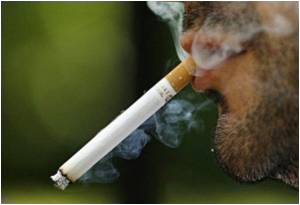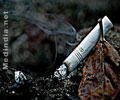
"This campaign is saving lives and saving dollars by giving people the facts about smoking in an easy-to-understand way that encourages quitting," US Health Secretary Kathleen Sebelius said on Thursday.
A campaign run on similar lines last year proved effective, with the number of calls to helplines dedicated to people trying to quit smoking soaring following the adverts.
The number of calls to health services doubled to around 200,000 during the 2013 campaign, which cost $54 million and lasted 12 weeks.
Page views of a quit smoking website tied into the campaign increased five-fold compared to the same period in 2011.
Health officials say the campaign may have encouraged tens of thousands of people to quit smoking.
Advertisement
The adverts will blanket across television, radio, newspaper and other outlets, encouraging smokers to call a free hotline (1-800-QUIT-NOW) in order to access counseling services and information.
Advertisement
"These are the kinds of ads that smokers tell us help motivate them to quit, saving lives and money."
Despite the proven dangers of tobacco, nearly one in five adults in the US smoke.
Approximately 90 percent of smokers take up the habit before they turn 18 and many suffer serious health problems while young.
More than 440,000 Americans die each year from smoking-related diseases, while for each death, approximately 20 people live with one or more illness caused by the habit.
Source-AFP









